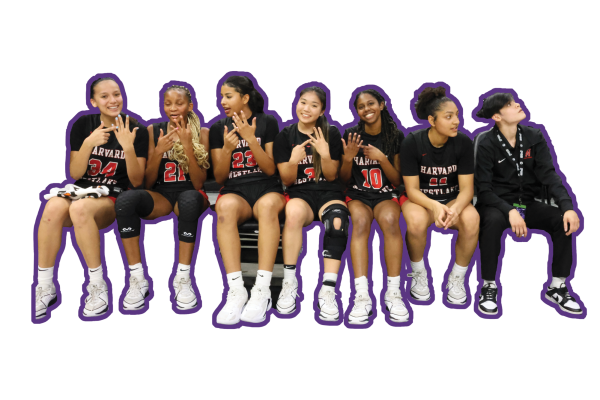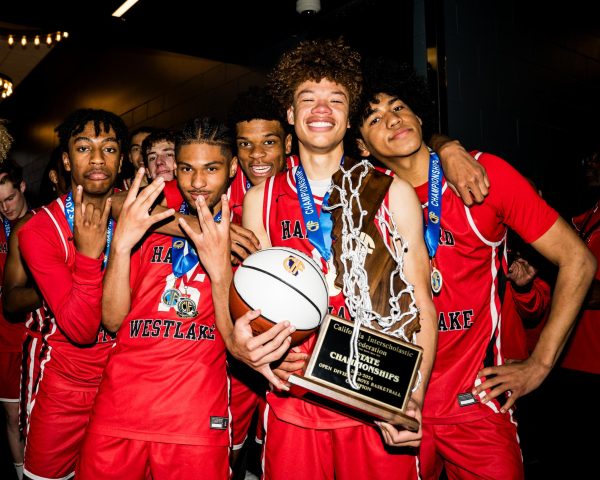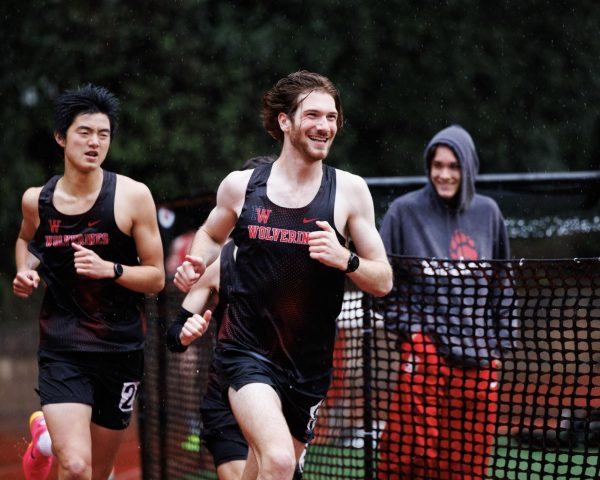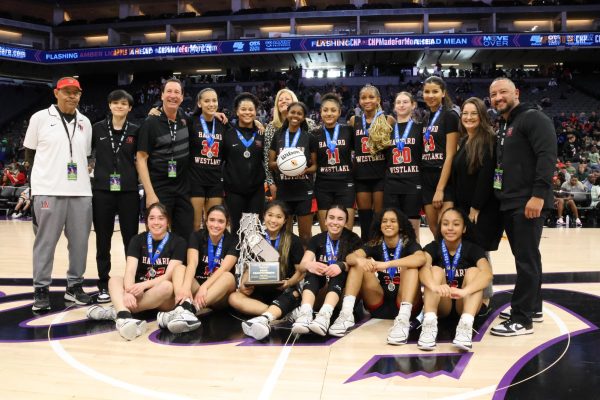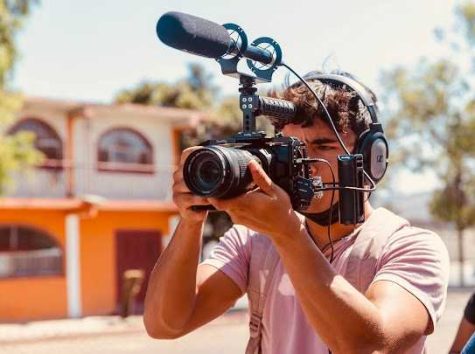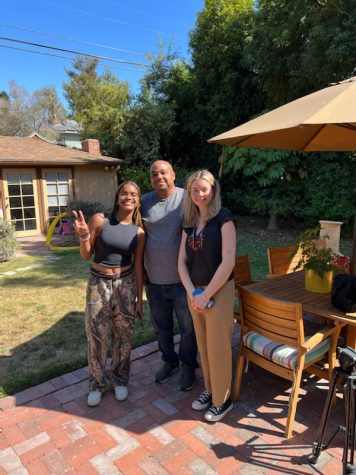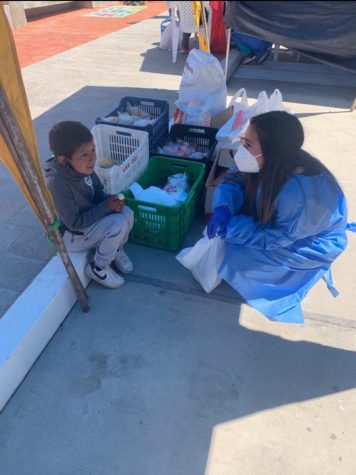Guilty verdict of Derek Chauvin trial prompts community to reflect
April 21, 2021
Derek Chauvin, the former police officer responsible for killing George Floyd, was found guilty on the charges of third-degree murder, second-degree unintentional murder and second-degree manslaughter after a three-week trial in Minneapolis on April 20.
On the suspicion that Floyd had used a counterfeit $20 bill at a convenience store, Chauvin arrested Floyd. Chauvin then held his knee on Floyd’s neck for eight minutes and 15 seconds, where he was unable to breathe, eventually losing consciousness and his life May 25, 2020.
Black Leadership and Culture Club (BLACC) co-leader Ash Wright ’22 said the situation, starting with the murder of Floyd in May 2020 to the verdict of Chauvin’s trial, deeply affected her.
“It was incredibly hard having to deal with it all,” Wright said. “In all honesty, back in May, I cried and was incredibly emotionally impacted by the death of George Floyd, especially with everyone posting [the video of his death] without trigger warnings as if it were some trivial type of post. It was and still is incredibly draining to have to deal with constant news about anti-Blackness and Black death and is frankly quite scary. The verdict gives me a small sense of relief, but I don’t really think [the verdict] was true justice or could totally absolve that fear [of anti-Black sentiment].”
While the ruling brought reassurance to students, some feel far from satisfied
Jessica Thompson ’23 said the trial was a step in the right direction towards justice and brought accountability to Chauvin.
“Hopefully this trial will set a precedent for future policing and trials of systemic inequities, obviously there’s much more work and reform to be done, but today we celebrate a small victory, that being progress towards justice for George Floyd.” Thompson said.
History teacher Lauren Nichols ’03 said she sees potential parallels between the beating of Rodney King and the shooting of Latasha Harlins, two injustices against African-Americans that caused mass riots in Los Angeles almost exactly 30 years ago, and the death of Floyd.
“I’ve been thinking about those anniversaries a lot over the past few weeks and wondering if Minneapolis was going to see a repeat of what Los Angeles experienced in the early [1990s],” Nichols said. “I was six years old at the time and I remember it vividly. For me personally, the whole situation demonstrates that there’s a lot of work left to be done. There’s a lot of work for me personally to do and I hope everyone in our community feels that way.”
After watching the trial, Wright said it exposed how prevalent and dangerous racial bias can be, particularly with the way Chauvin’s attorneys approached their defense.
“The one thing that sticks with me from the trial was when the defense was cross-examining a witness and trying to paint him in this light of being an ‘angry Black man’ as a [way to justify] his anger whilst watching George Floyd sit with a knee on his neck,” Wright said. “The witness caught on and shot down that rhetoric, but it bewilders me that the defense would lean on stereotypes to try and paint this picture to devalue his validity as a witness.”
Looking forward, Terence Matthews ’23 said the trial gave him hope for a more equal future in the country.
“Upon hearing the verdict I was overjoyed that the system that for so long has failed African Americans like myself finally worked as it should,” Matthews said. “This trial and verdict have set a precedent for the American legal system that should transpire forever.”
A teacher shares how the end of the trial impacted his History class
History teacher Peter Sheehy (Will ’22, Tate ’24) said he was able to tie the content of his course to modern-day issues with the verdict.
“Today my [AP US Government] class had planned to discuss some landmark civil rights cases and Martin Luther King Jr.’s ‘Letter From a Birmingham Jail’,” Sheehy said. “As we were walking into class, the Chauvin verdict was announced. We used this as an opportunity to discuss the role of our legal system in shaping and changing race relations, as well as the limitations of relying solely on courts to achieve progress in civil rights.”
The school will hold an optional discussion session about the trial Thursday
Prior to the release of Chauvin’s verdict, Head of Upper School Beth Slattery sent an email to Upper School students announcing a school-wide open forum discussion April 22, where students and faculty will have the opportunity to express their thoughts and opinions regarding the ruling, as well as the greater picture of racial injustice.




































